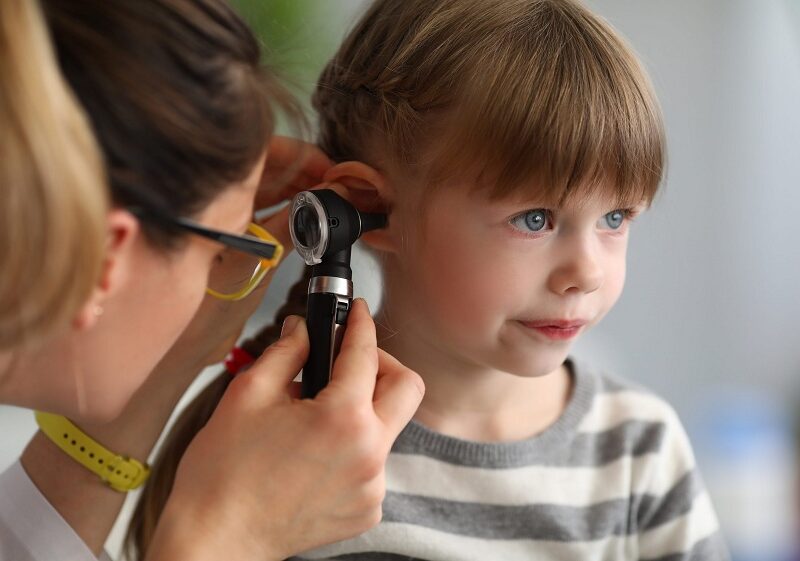Getting through each day was probably your immediate goal while in treatment – hard to imagine that it would ever end. Now that you are, you may experience conflicting emotions that you weren’t prepared for. You may be happy, excited and anxious all at the same time. Even if you’re looking forward to the end of treatment, it’s normal to be concerned about what the future holds. Many people find the period after treatment to be one of transition and adjustment – and much more challenging than they expected. As you adjust to the situation, be kind to yourself. Don’t expect to feel good about everything. Take it slow and give yourself time to come to terms with everything you’ve been through.
About survival
Survival is overcoming a disease or living beyond it. However, the term “cancer survivor” does not have the same meaning for everyone. For many people, you are a cancer survivor from the time you are diagnosed and stay that way until the end of your life. For others, survival begins when active treatment is over and the body no longer shows signs of cancer. Some have a very broad definition that includes family members, friends or caregivers affected by the disease, and thus want to show that they too have had the experience of cancer.
Survivor is not a perfect word. Some people see it as a strong, positive way to describe their situation. It helps them to overcome the difficulties they encounter after the treatment. Others, on the other hand, don’t like it at all.
Whether we like it or not, the word expresses that we have gone through a certain ordeal. In the end, the word used does not matter. One thing is certain, cancer treatment is an unforgettable experience that can change your outlook on life.
Your feelings after cancer treatment
The end of treatment is a big day for most people. You may already be starting to feel better and be able to get back to doing what you enjoy. The weeks and months of hospital visits will be behind you. Often, survivors think they should celebrate this milestone, but you might not be in the mood to celebrate. At the end of treatment, you may be very weak or still experience side effects. And now that you’re not as busy with medical appointments and not really in touch with your healthcare team, you may feel a little distraught or nervous without their support.
Even if the end of the treatment is what you expected, it is important to recognize that you may still be feeling intense and even conflicting emotions. You are probably happy and relieved that the treatment is over, but you may see emotions such as gloom, sadness, anger, or a sense of loss rising within you. You may be surprised to experience these kinds of emotions, and how intense they are and how quickly they can change.
Not everyone experiences difficult times after treatment. But if so, know that these intense emotions often fade as the strengths and energy return.


